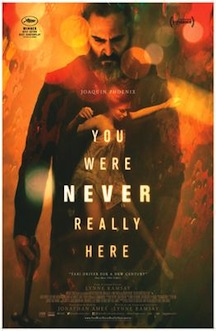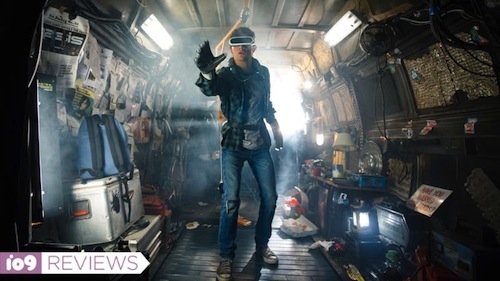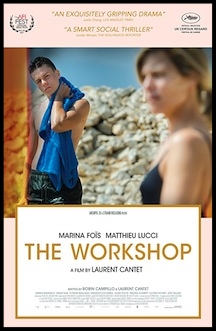Directed by Fatih Akin
Country: Germany / France
Turkish-born German filmmaker Fatih Akin, author of gems like “Head-On” and “The Edge of Heaven”, thoughtfully returns to the drama genre after last year’s so-so coming-of-age adventure “Goodbye Berlin”.
“In The Fade” stars Cannes-awarded actress Diane Kruger (“Unknown”, “Inglorious Basterds”, “Disorder”) as Katja Sekerci, a woman living in Hamburg, whose happy life is suddenly shaken by the assassination of her husband and 6-year-old child in a Nazi conspiracy consummated with a nail-bomb attack. The first images show us Nuri Sekerci (Numan Acar), a Kurdish living in Germany, being applauded as he leaves his prison cell all dressed up to get married to Katja. Although convicted for drug trafficking in the past, when the film advances to the first of its three chapters, we see him completely rehabilitated, managing his own tax office, where he also helps fellow countrymen with document translations.
A certain day, Katja arrives at his office, located in the Turkish neighborhood, to drop off their son before going to meet her best friend Birgit (Samia Muriel Chancrin). On her way out, she notices a young woman, later identified as Edda Moller (Hanna Hilsdorf), placing a brand new bike in front of the office and then walking away. The bicycle was purposely left unchained. Later in the evening, she went to pick them up, but was informed there was an explosion in that specific area. It was an agonizing shock when the two unrecognizable bodies of a man and a kid were confirmed to be the members of her family. This harrowing reality impels her to take drugs in order to numb the pain.
Officer Gerrit Reetz (Henning Peker) is the one leading the investigation and wonders if Nuri was still working for the Turkish Mafia as a dealer. Was this a retaliation? If not, who could have done such an evil act? The Eastern Europeans? A Nazi faction?
Following a dramatic court session where the culprits are nauseatingly acquitted of the killings using a false alibi, Katja, in the impossibility of appeasing her soul and find relief, chases them down, traveling to Greece with a radical plan.
Akin’s approach favors as much the tense moments as the emotionally disturbing ones, only sporadically deflecting to unimaginative territories through superfluous maneuvers. Probably the most gratuitous scene happens when Katja attempts to kill herself, saved at the last minute by the phone call of her lawyer and family friend Danilo Fava (Denis Moschitto).
Still, “In The Fade” was conceived with strong performances and never softens up, even when giving signs of momentarily wobbling. After the tragic, visceral finale, and before the closing credits, the director points out the xenophobe crimes committed by the members of Neo-Nazi group National Socialism Underground.




























































